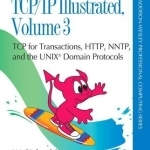Planning Projects in Transition: Interventions, Regulations and Investments
Willem Salet and Frederico Savini
Book
Modern urban development is a complex process involving many parties. Self-organizational practices...
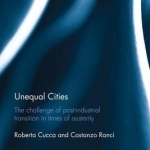
Unequal Cities: The Challenge of Post-Industrial Transition in Times of Austerity
Costanzo Ranci and Roberta Cucca
Book
This seminal edited collection examines the impact of austerity and economic crisis on European...
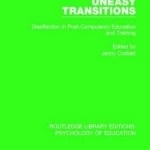
Uneasy Transitions: Disaffection in Post-Compulsory Education and Training
Book
Originally published in 1990, this title offers a range of perspectives from practitioners,...

Ideology, Political Transitions, and the City: The Case of Mostar, Bosnia and Herzegovina
Book
Recent history has seen Bosnian and Herzegovinian (BiH) cities undergoing several transitions. Their...

The 'Write' Way to Manage
Book
In The 'Write' way to Manage Alex Vidal offers the reader a 'how to' manual in writing correct...
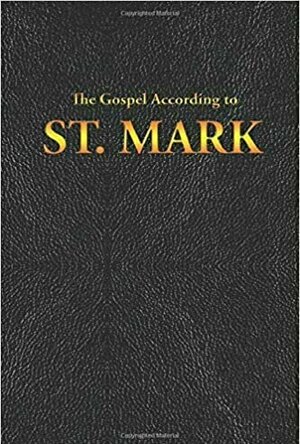
The Gospel According to St. Mark
Book
This keepsake edition of The Gospel According to St. Mark was taken from the King James translation...
Deborah (162 KP) rated The Crowland Chronicle Continuations, 1459 1486 in Books
Dec 21, 2018
This volume was produced to mark the 500th anniversary or the writing of the Continuation and is only the second English translation and publication of it.
The book itself is a very scholarly book and the editors seem to assume that a reader will have a working knowledge of Latin as in the introductory section there are numerous quotations in Latin which are not then rendered in English. The introductory section is quite in-depth and indeed takes up more than half of the pages in the volume! A lot of it I will admit to having found rather heavy going, although the information I did glean was interesting and useful. I was not particularly aware of the history of the original manuscript, in that is had been badly damaged in a fire and much of the current text was therefore taken from a copy of the text written as part of the earlier English publication. There are some plates which show some of the surviving pages of the manuscript, but not all pages have survived, so the current editors have used the earlier transcript as a starting point. There is also an interesting and useful consideration of the authorship of the Continuation.
The Continuation itself takes up just under half of the volume and the original Latin text is printed on one side the the English translation on the facing page. I found the translation quite readable, even if it did feel like a bit of a whirlwind tour of events! Oddly, the national political picture breaks off several times and we have inserted a sort of obituary of Abbots of Croyland who happened to die as this point in the main narrative.
What I think I would like to see, and what would be of interest to a general historical reader, would be a publication of the English translation with an introduction and analysis geared more to the general reader than to the academic scholar.
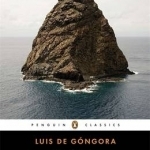
The Solitudes
Alberto Manguel, Luis de Gongora and Edith Grossman
Book
An epic masterpiece of world literature, in a magnificent new translation by one if the most...

